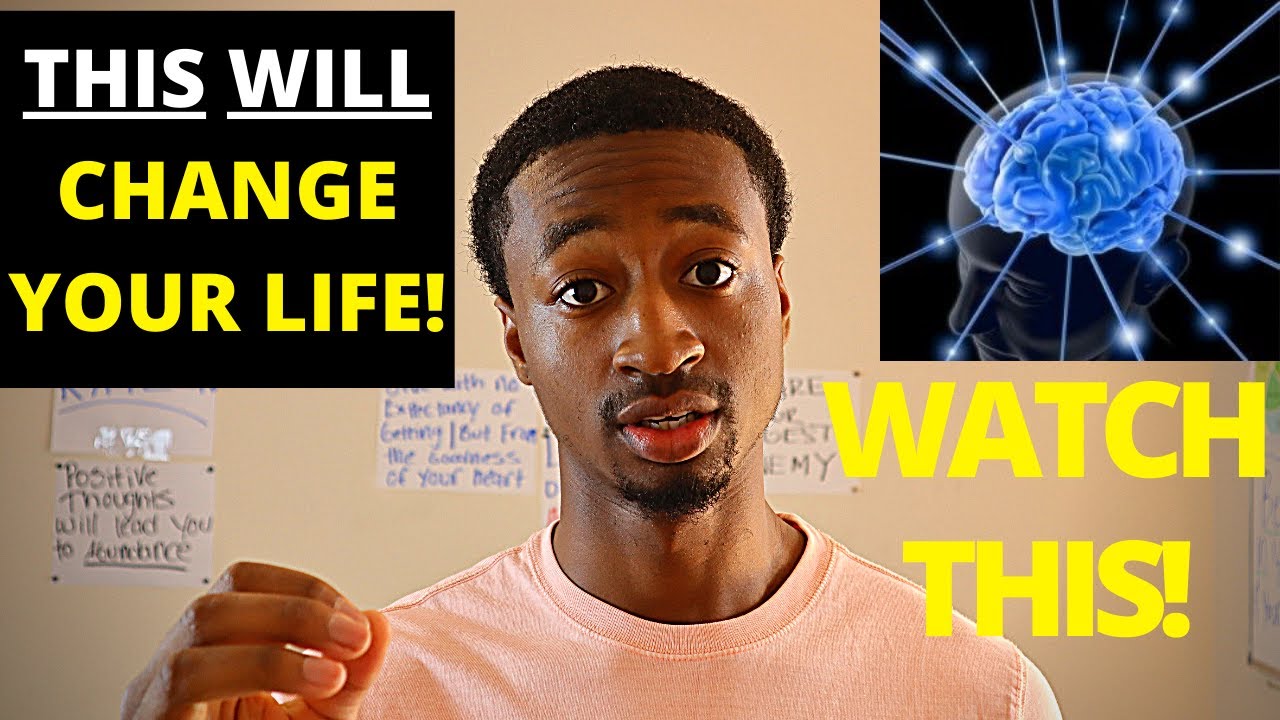TEDx Talks
Artificial intelligence could be the powerful tool we need to solve some of the biggest problems facing our world, argues Raia Hadsell. In this talk, she offers an insight into how she and her colleagues are developing robots with the capacity to learn. Their superhuman ability to play video games is just the start.
Raia is a senior research scientist on the Deep Learning team at DeepMind, with a particular focus on solving robotics and navigation using deep neural networks.
—
TEDxExeterSalon: From driverless cars to diagnosis of medical imaging, artificial intelligence is being heralded as the next industrial revolution. But how does AI relate to us in all our glorious complex humanity? Our first TEDxExeterSalon explored the ways in which we’ll interact with algorithmic intelligence in the near future.
TEDxExeter: Now in our 7th year, TEDxExeter is Exeter’s Ideas Festival with global reach, licensed by TED and organised by volunteers who are passionate about spreading great ideas in our community.
More information: http://www.tedxexeter.com
Production: http://www.youtube.com/familygamertv
Filming: http://firstsightmedia.co.uk/ Raia Hadsell is a research scientist on the Deep Learning team at DeepMind. She moved to London to join DeepMind in early 2014, feeling that her fundamental research interests in robotics, neural networks, and real world learning systems were well-aligned with the agenda of Demis, Shane, Koray, and other members of the original team. Raia’s research at DeepMind focuses on a number of fundamental challenges in AGI, including continual and transfer learning, deep reinforcement learning, and neural models of navigation. Raia came to AI research obliquely. After an undergraduate degree in religion and philosophy from Reed College, she veered off-course (on-course?) and became a computer scientist. Raia’s PhD with Yann LeCun, at NYU, focused on machine learning using Siamese neural nets (often called a ‘triplet loss’ today) and on deep learning for mobile robots in the wild. Her thesis, ‘Learning Long-range vision for offroad robots’, was awarded the Outstanding Dissertation award in 2009. This talk was given at a TEDx event using the TED conference format but independently organized by a local community. Learn more at https://www.ted.com/tedx
Source




tunneling in breakout is not a superhuman ability. just saying..
Lol
Fun
Did you teach it to enjoy it self? Whenever we are angry we try to be the best at war games, but wen we are calm we play mind games? For example….
And to enjoy losing because it’s apart of the process of learning and information is the true goal via experiences we definitely have in the honest community something we call a beautiful or good lost
Sometimes we lose on purpose
A computer will always lose wen it comes to enjoying the moment because of overwhelming mass of information
Just sit back and look at the waves come and go….
The overwhelming feel of Success the blinding moment and the realization of a mistake
Technology is so amazing that it kinda scares me…
She lost me at "AI will EASE inequality."
3 people don't like A. I.
I think expecting one trained AI to do multiple things is the wrong approach. I always thought what would be better would be to create a vast number of trained AI all on varying tasks, and then have another AI that is good at guessing which ones would solve a new task well, or that could take examples of other AI to create a new one that is good at a new task. Much like a bunch of specialists and a good manager. Sure you might need a ton of computers to do that, maybe even a whole server room or warehouse of computers all dedicated to it, but how is that different than our first computers?
The scarry thing about AI is that it's being driven by big business. And big business destroys everything in its path to achieving its own selfish goals. Primarily because most big business are controlled by social paths and psychopaths… Look it up, lots of research to prove this. And AI is being modeled to follow this example. Anybody else fear this reality?
yet another rip-off of a Demis Hassabis talk
They may solve some of our problems but they may be the end of us. If they have the ability to continually learn and develop themselves, it will surely be only matter of time before they overtake us and determine they should be in control.
She hopes that AI solves or will contribute to solving inequality. I think there is a huge gap between what she hopes or likes to see and how reality looks like or will look like. The ending of this presentation unfortunately weakens the generally interest8ng first 95 %.
ALL those effects could have been achieved by using genetic algorithms.
online games use Ai to constantly assess players and can independantly 404 your gaming account
She talks like Leonard Hofstadter's Mom!
Lisp + prolog + Haskell === Julia